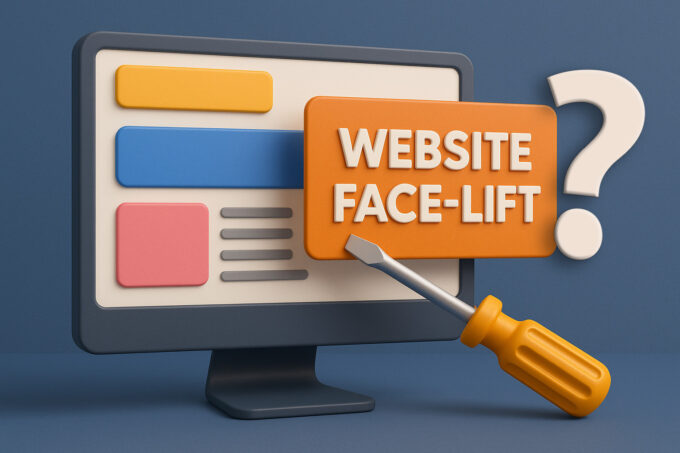In today’s digital landscape, website security is a critical aspect of maintaining an online presence. With the growing number of cyber threats, it’s essential to understand the measures necessary to protect your website and ensure its security. This article will delve into the topic of website security, specifically focusing on WordPress, the popular content management system (CMS). We will explore the basics of website security, the minimum security requirements, tips for building a secure website, steps to keep your website safe, and what to do if your website gets hacked.
What Does Website Security Mean?
Website security refers to the measures taken to protect a website from unauthorized access, data breaches, and other malicious activities. It involves implementing various strategies to safeguard the website’s data, infrastructure, and user information.
General Security Measures:
Implementing SSL/TLS encryption and using robust server security software are crucial steps in enhancing website security. SSL/TLS encryption ensures that the data exchanged between the website and its users remains private and secure. Additionally, employing reliable server security software helps identify and block potential threats.
Bare Minimum Security for a Website:
To ensure the bare minimum security for your website, it is essential to use the HTTPS protocol, which encrypts data transmitted between the user’s browser and the website server. Creating strong administrator passwords, implementing captchas, and securing web forms are also vital to protect against unauthorized access and malicious attacks.
Building a Secure Website:
When building a secure website, it is advisable to use professional themes and plugins. Avoid relying solely on free plugins, especially for major components like content building and user management. Opting for trusted hosting providers can also contribute to the overall security of your website.
Keeping a Website Safe and Secure:
Utilizing a reliable security plugin, implementing a firewall, and employing other software guard measures are essential for maintaining the security of your website. Security plugins provide additional layers of protection by scanning for vulnerabilities, blocking malicious traffic, and offering security recommendations.
What to Do If Your Website Gets Hacked:
In the unfortunate event that your website gets hacked, it is crucial to seek professional support. Engaging with a reputable service that specializes in website security can aid in prompt recovery and minimizing potential damage. Additionally, maintaining regular backup copies of your website is crucial to restore it to a previous secure state.
Can the Same Site Be Hacked Again?
After experiencing a security breach, it is essential to strengthen your website’s security measures. This includes updating passwords at all levels, from hosting logins to administrator accounts. Employing a strict security policy for users, installing site-level and DNS-level firewalls, and restricting traffic to countries relevant to your content audience can significantly enhance your website’s security.
What Else Can Be Done?
Working with a reliable hosting provider and support service like Shipilin.com can provide added peace of mind. Their expertise in website security, prompt response times, and wealth of knowledge can help ensure the safety and protection of your website.
In Conclusion:
Website security is of paramount importance in the digital age. By implementing necessary security measures, adhering to best practices, and working with trusted professionals, you can significantly reduce the risk of falling victim to cyber threats. Remember, protecting your website is an ongoing process, and staying proactive is key to maintaining a secure online presence.



